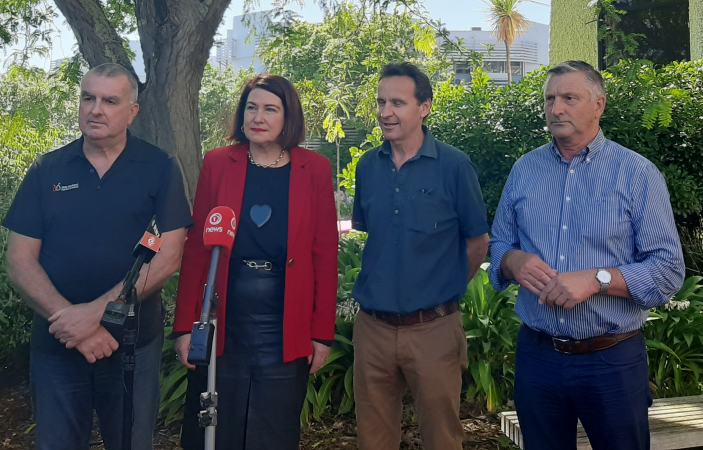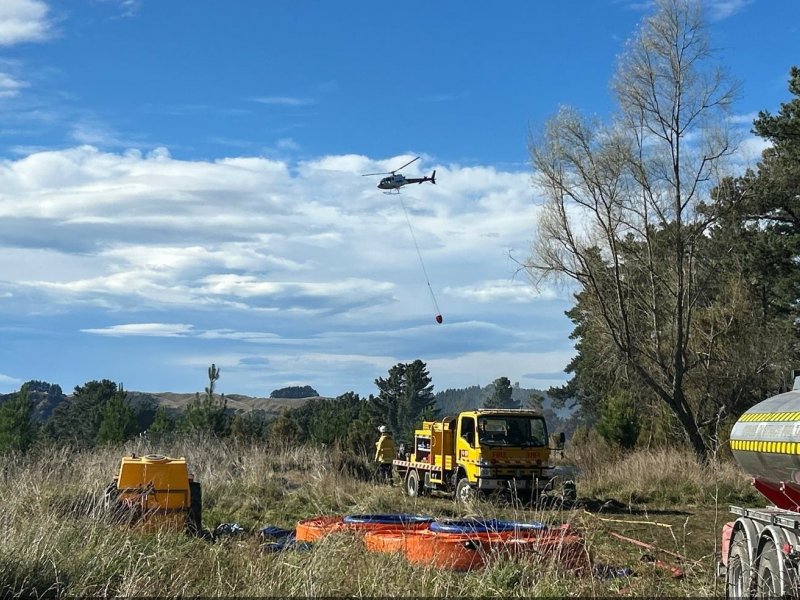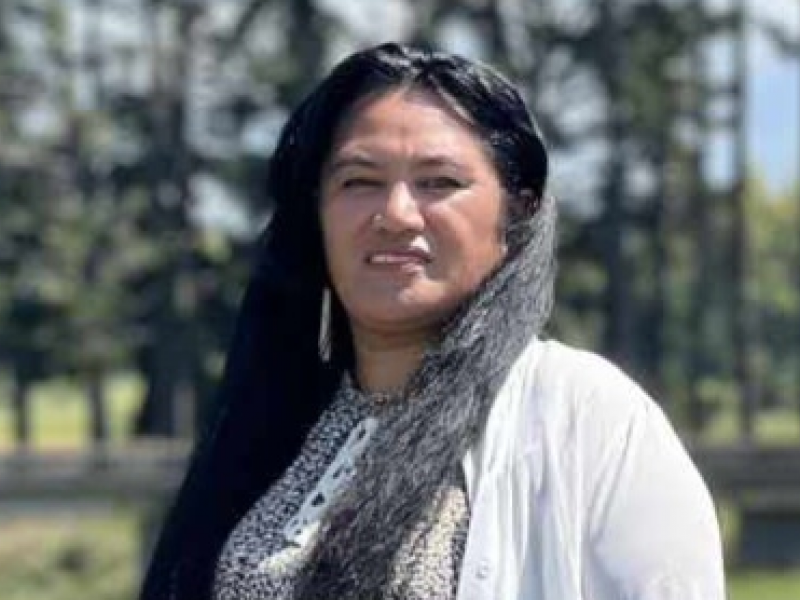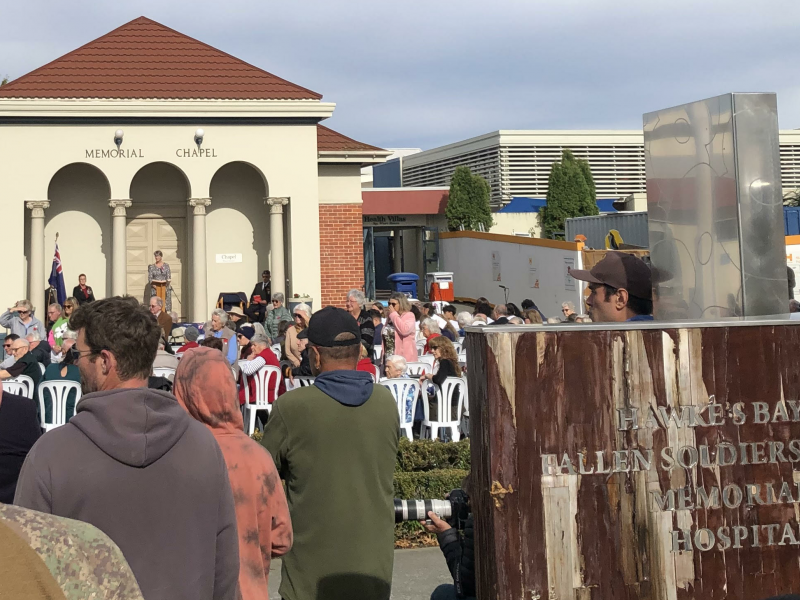Hawke's Bay growers welcome government help, but more is needed
Hawke's Bay growers are welcoming a decision by central government to allow 2000 RSE workers into the country for the upcoming season, but they say it is nowhere near enough.
Immigration Minister Kris Faafoi and Agriculture Minister Damien O'Connor announced the "single largest economic-based class border exception to date" on Friday morning, which would see experienced seasonal workers from the Pacific arrive in New Zealand between January and March next year to address labour shortages in the horticulture and wine-growing sectors.
However, the government has imposed strict conditions.
Employers will have to pay the workers a living wage of $22.10 an hour, pay them 30 hours' a week while in managed isolation for two weeks, and cover their isolation costs - estimated at $4472 per worker.
Richard Bibby, of Thornhill Horticultural Contracting, said that while it is a "big burden" financially, they've got to see it as economically viable – "Otherwise, the fruit won't get picked".
"To us, it is a no brainer, we are in the industry for the long term, not the short term."
Bostock New Zealand owner John Bostock said: "I feel it is a good start but I fear that with just 2000 we are still going to be grossly short".
"It is not only a question of picking the fruit but it is picking the fruit at the exact right time to deliver an exceptional experience to customers all over the world."
Despite doing "everything" they can to recruit New Zealander's, the number of "able and willing kiwis" is not there.
"The incentive is to hire a kiwi but they are just simply not available," he said.
If they don't have enough workers, Bostock says they are going to prioritise the "most valuable fruit"
New Zealand Apples and Pears chief executive Alan Pollard was unsure how many workers would be distributed to Hawke's Bay, but said work is underway to "effectively allocate the workers across employers who need them".
He says the industries are working on a "principle-based approach".
"We not only have the 2000 RSE's that have been approved, but we have 4,500-5000 RSE's in the country, as well as backpackers and New Zealanders so there's a broad allocation needed right across the sector."
"But very clearly there will still be a significant deficit".
Hastings mayor Sandra Hazlehurst said it is a "great start" but is still less than half the number that they had in Hawke's Bay last year.
"Our opportunity has been to activate and get our community and local people involved and look at opportunities in which we can support them and make sure that we get our harvest picked, packed and processed.
So while this is a great start we are going to continue working with the minister and ensure that we have every opportunity to look at how we work and share across New Zealand."
There are normally about 14,400 RSE workers a year, but the pandemic and border restrictions have cut that workforce in half.
Hazlehurst said an additional 2808 workers would be the ideal number in Hawke's Bay. Bibby said Thornhill will be looking at about 10 per cent of the 2000.
As it is a billion-dollar export industry for the region alone, Hazlehurst said they are committed to ensuring "not one piece of fruit is left on the tree or vine".
Minister Faafoi acknowledged that fewer seasonal workers would be available than in previous years but he noted that the Government was supporting the industry to make the most of the onshore workforce.
“The announcement by Minister of Social Development, Carmel Sepuloni, to increase support for New Zealanders to work in seasonal jobs with up to $200 per week for accommodation costs and a $1000 incentive payment for workers who complete jobs of six weeks or longer demonstrates the sort of effort being made to get as many job seekers as possible to work in the horticulture and wine-growing sectors.
“These latest changes demonstrate the Government’s continued commitment to make adjustments to visa and border settings where the balance can be struck to protect New Zealanders from the spread of COVID-19 while ensuring supports are in place to protect New Zealand’s economic recovery and offer employment opportunities to New Zealanders who have lost their jobs because of COVID-19.
“We will continue to engage with the primary sector and others to see if and where adjustments might need to be made and can be made safely in the interests of New Zealand businesses and jobs,” Faafoi said.

























